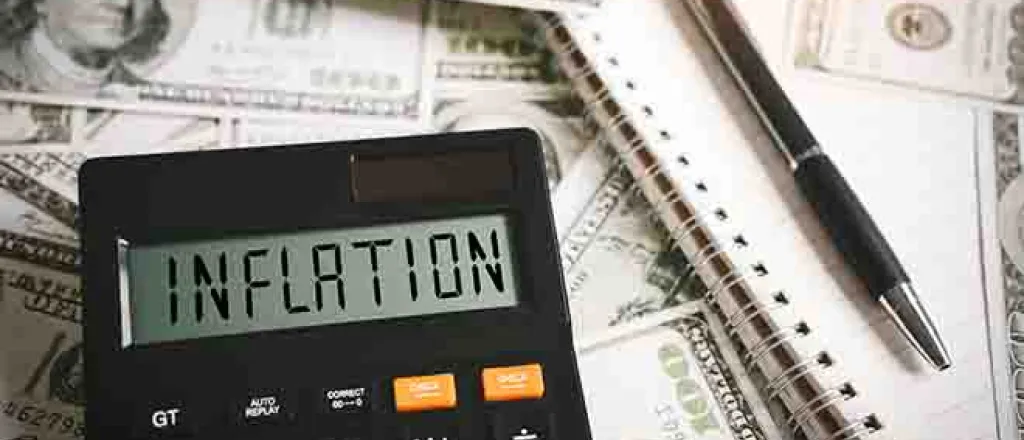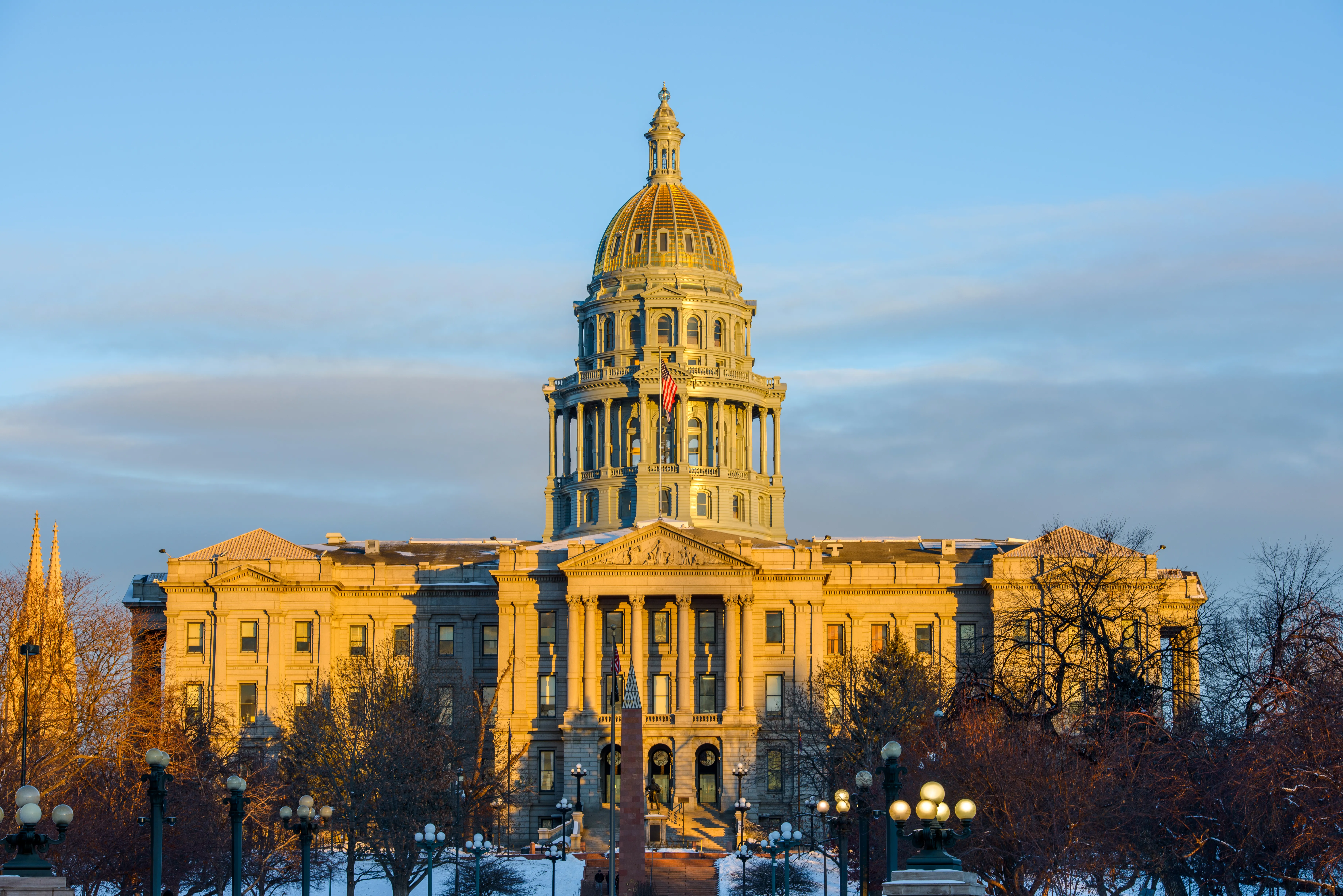
Interest rates, inflation lower economic expectations for Colorado businesses
(The Center Square) – A survey of Colorado business leaders found pessimistic expectations for the upcoming second quarter of 2023 and a majority believe the U.S. will enter a recession this year, according to the Leeds Business Confidence Index.
The index of 45.1 for the second quarter was 5.3 points higher than the first quarter’s confidence rate (39.8), according to a survey of 230 qualified panelists by the University of Colorado’s business school. However, a rating of 50 is considered neutral and the long-term average of the index is 53.8. The below-50 rating for three consecutive quarters is the third-longest period of pessimism in the 20-year history of the index.
Interest rates were mentioned by 38 percent of the respondents as their reason for pessimism for next quarter and inflation was mentioned by 31 percent. More than half of the respondents (53.1 percent) expect lower prices by the end of December and 31 percent predict declining prices by June 30.
The inflation rate for the Denver region is projected to be 4.3 percent in 2023, down from the projection of 4.5 percent reported last quarter.
Per capita personal income in Colorado increased 7.9 percent year-over-year in the third quarter of 2022, the highest increase in the nation, according to the report. Personal income increased 8.5 percent, ranking Colorado second nationally. Personal income growth is projected to be 7.9 percent in 2023.
However, the report found confidence in the state and national economies, sales, profits, hiring and capital expenditures to be at higher levels than the expectations expressed for those areas before the start of the first quarter. The only sector above neutral and the highest for the upcoming quarter was sales (50.4) and the lowest was the national economy (37.1).
More than half of respondents (56.9 percent) believe the U.S. will enter a recession this year. The National Bureau of Economic Research defines a recession as a “significant decline in economic activity spread across the economy, lasting more than a few months, normally visible in real gross domestic product, real income, employment, industrial production and wholesale and retail sales.”
Job creation continued to be strong in Colorado as year-over-year employment growth increased 2 percent or by 57,000 jobs in January. However, the projection is for the state’s employment growth to slow to below 2 percent this year after hitting 4 percent last year.
Colorado’s employment in January was 2.2 percent above the pre-pandemic recession levels. The state ranked 19th in employment recovery nationally. The national employment recovery in January was 2 percent above pre-pandemic levels.
Colorado’s gross domestic product increased at an annualized rate of 3.5 percent during the third quarter of 2022, ranking it 16th in the nation, and 3.2 percent year-over-year, putting it sixth nationally. The three largest year-over-year gains were in arts, entertainment and recreation (20.1 percent), management of companies and enterprises (16.9 percent), and information (15.5 percent). The largest declines were in construction (-12.5 percent), mining (-11.6 percent) and agriculture (-10.7 percent).
The national GDP increased at an annualized rate of 2.7 percent during the fourth quarter of 2022 and .9 percent year-over-year.

















